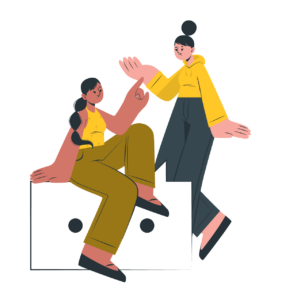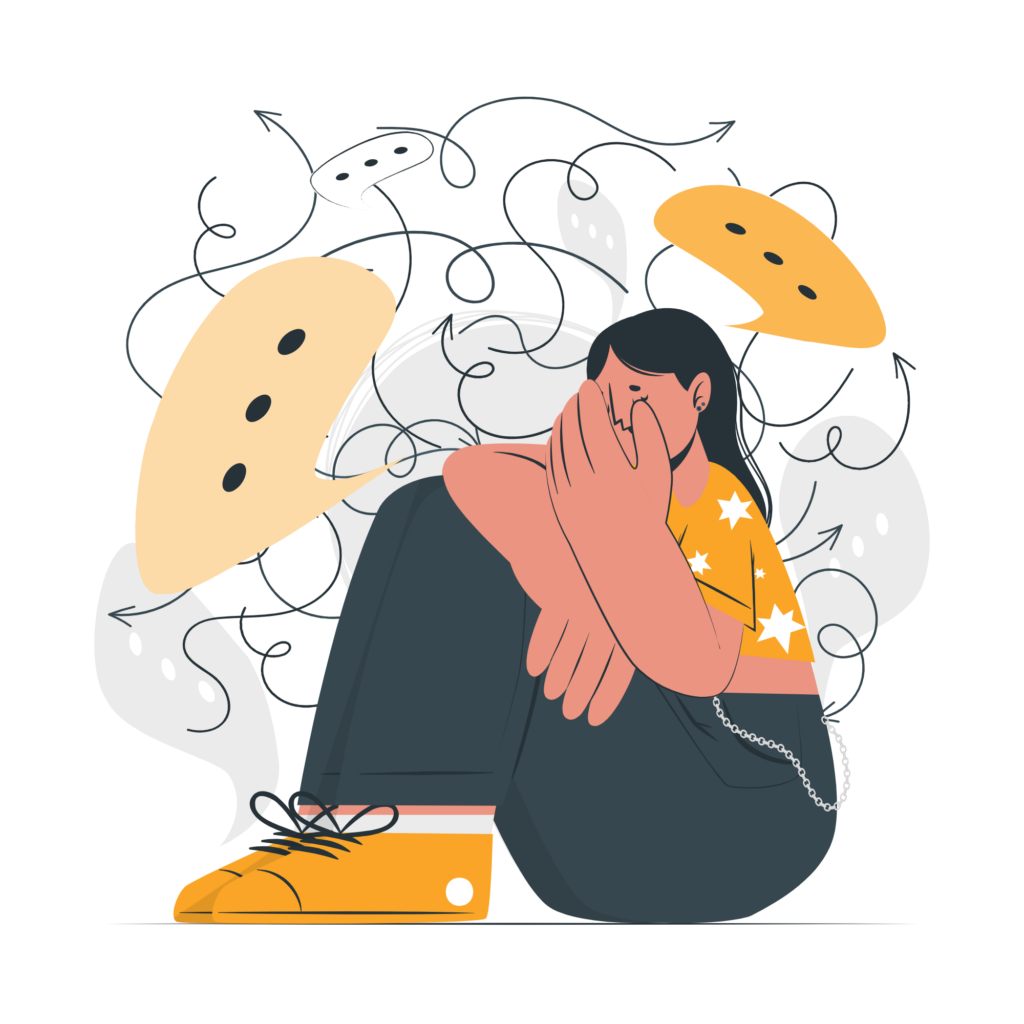About Wesnet
Peak body for Specialist Women's Domestic and Family Violence Services
Our Vision
A future where all women and children live free of domestic and family violence and its consequences.
Our Members
With almost 350 eligible members across Australia, WESNET represents a range of organisations and individuals including women’s refuges, shelters, safe houses and information/ referral services.
Harnessing its large national network of members and associate members, WESNET plays an important role in identifying unmet needs, canvassing new and emerging issues, facilitating policy and sector debate and providing expert advice to government to provide improved responses to the problem of domestic and family violence. We do this within our communities, and in partnership with non-government stakeholders.

Domestic and Family Violence
Wesnet works within a feminist framework which promotes understanding domestic and family violence as gendered violence, and that women's and children's experiences are also intrinsically shaped by their ethnicity, culture, ability, age, gender identity and class.
What is Violence Against Women?
The 1993 United Nations (UN) Declaration on the Elimination of Violence against Women described 'Violence Against Women' to mean ‘any act of gender-based violence that results in, or is likely to result in, physical, sexual or psychological harm or suffering to women, including threats of such acts, coercion or arbitrary deprivation of liberty, whether occurring in public or in private life’.

Women's Specialist Services
The models of domestic and family violence services in Australia are diverse. They range from single communal shelters to multi-building cluster models of self-contained units with counselling rooms, children's resource buildings, playgrounds, and group training rooms; to shop fronts in busy shopping area; to lone outreach workers working out of other organisations. They may be a crisis phone service that also provides crisis accommodation, a community development worker, a counsellor, a networker, a children's worker, or a worker in a community service with little support. They may specialise in a certain disadvantaged groups of women and children in their community.
Our History
WESNET was first conceived in December 1992 during the national evaluation of the Supported Accommodation Assistance Program (SAAP), which identified a lack of national representation of the needs of women and children utilising SAAP services.
Incorporated in 1994 after extensive sector consultation, WESNET was originally established to represent women’s services funded through the Supported Accommodation Assistance Program (SAAP), including women’s refuges, safe houses, women’s housing programs, domestic violence outreach, information and referral services.
WESNET’s initial purpose was to improve and promote high quality service provision to women and women with children who are escaping domestic violence or who are homeless for some other reason. WESNET has achieved a number of key outcomes since incorporation, including in our early years:
Quick Links
[email protected] / (Australia FREE CALL) 1800 937 638
Graphics in this website are made by Cuate from storyset.com